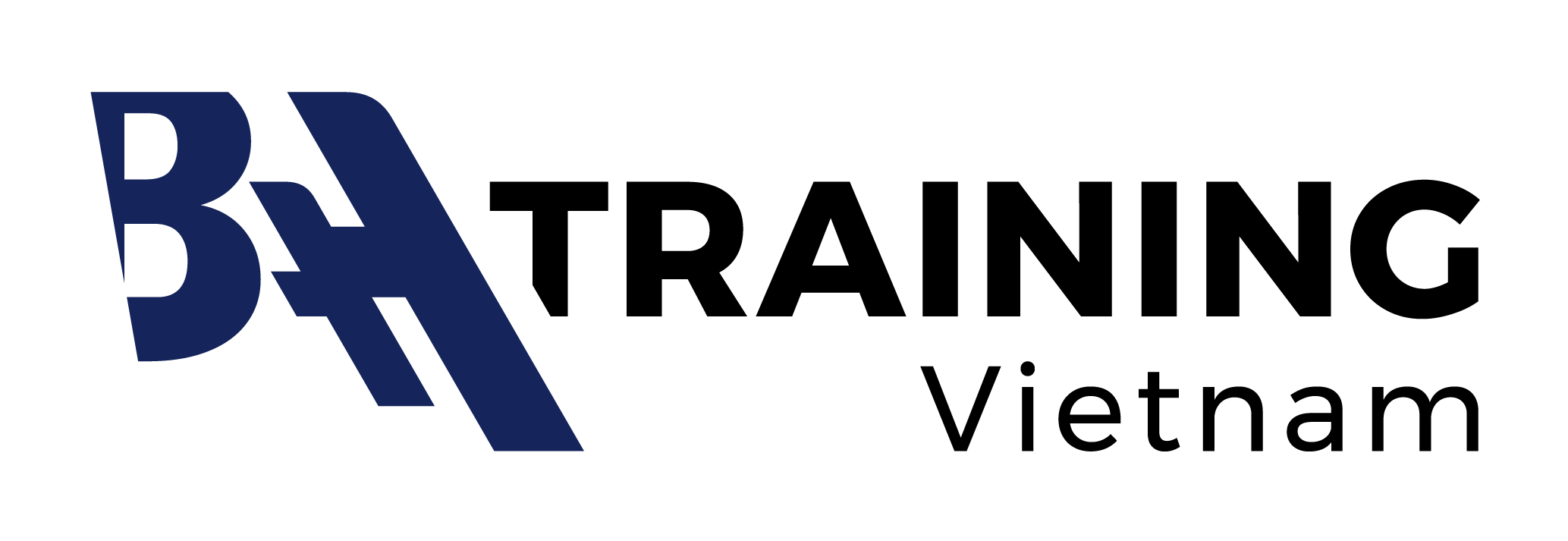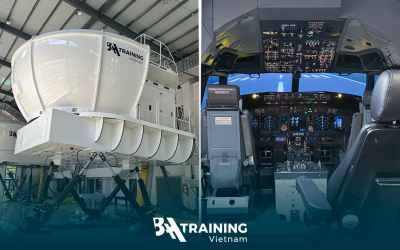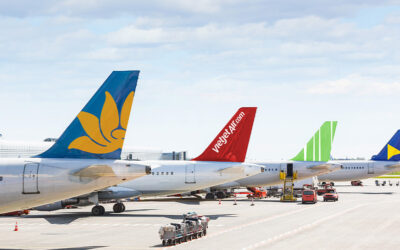All organizations maintain their own specific culture, but in that respect probably none are more complex than the one of an international airline. The word ‘international’ already suggests that there are diverse political, ethnic and social issues that need to be taken into account when designing any managerial policy. And then on top of that there is also the requirement to maintain products and services of uniform quality regardless of the market setting. Knowledge of cultural dimensions is priceless in mitigating risk, containing costs and improving corporate effectiveness. Surprisingly, the most noteworthy aspects of organizational behaviour are often overlooked or their effect is largely underestimated.
For many years now aviation has been forced to deal with a longstanding dilemma when the issues of safety and profit are concerned. Theoretically there should be a positive correlation between the two (a safe airline should be a profitable airline and a profitable airline should be a safe one).
Sluggish markets, fierce competition, shrinking margins, personnel turnover, unusual operating demands and adverse economic reality are only several but probably the most frequently encountered characteristics of the volatile air transportation industry. Unfortunately, more often than not they divert the focus of management away from safety matters.
According to Robert Helmreich, a professor at University of Texas Aerospace Crew Research Project, effective efforts to achieve safety must recognize the importance of culture. Organisations must have a full understanding of cultural influences on their operations if safety efforts are to succeed. The basic premise of this discussion is that it is essential to build on the strengths of national culture and to enhance professional and organisational cultures to establish a robust safety culture.
The documented processes, safety equipment, standard operating procedures, and certified training programmes which we must utilize might be perceived as pure administrative or bureaucratic costs. In reality, most of them reflect the lessons learnt from years of experience, billions of flight hours and a significant number of past accidents analysis.
When we observe the following evidence: captain’s leadership, commitment to comply with the rules, clear tasks sharing, open communication, appropriate level of risk awareness related to each task and phase of flight, error management, ability to listen and to actively look for information to make safe decisions, then without hesitation, we can say we have an optimum crew. What is true for our crew today is also true at a corporate level. We need good management and strong leadership, solid culture of compliance, open communication at every level enabling a continuous learning and adaptation process, ability to look for information and ideas from outside in order to adopt best practices, recognition of human error as part of every human activity and use of “fail safe” processes and procedures in accordance with error management principles.
For pilots, however, there are three cultures dominant in shaping actions and attitudes to consider. The first, of course, is the national culture. But there is also a strong professional culture that is associated with being a member of the pilot profession. Finally, organisations have their own cultures that are closest to the daily activities of their members. While national cultures are highly resistant to change because they surround an individual from birth, professional and organisational cultures may be modified through strong incentives. All three cultures are of importance in the cockpit because they influence critical behaviour. They have a strong impact on how juniors relate to their seniors and how information is shared. Moreover, culture shapes attitudes about stress and personal capabilities. It also influences adherence to the SOPs and how automation is valued and used. Each of the three cultures has its strengths and weaknesses. The strengths enhance safety and the weaknesses diminish it.
Results based on extensive research show that organisations, when asked about their policies towards ensuring safety, considered the responsibility of employees to be more important than implementing effective safety management systems and encouraging positive safety culture. But the latter should be actually established prior to forming the policy of an organization, because ‘The pilot is a member of a crew – a group that in turn is influenced by factors such as professional social norms and a certain corporate culture‘.







